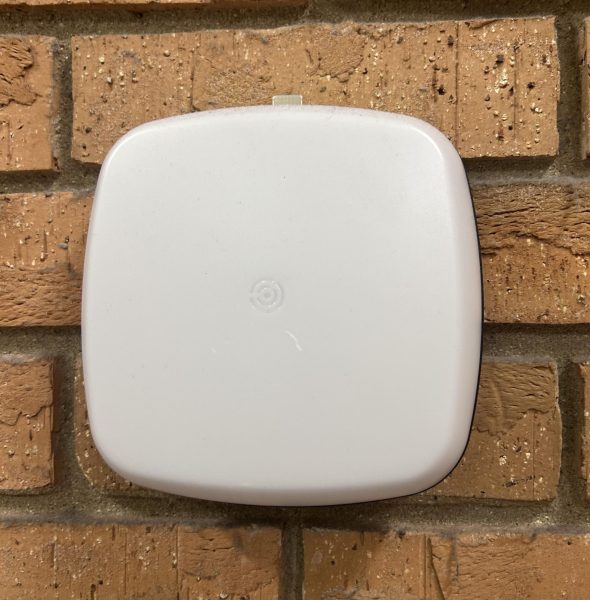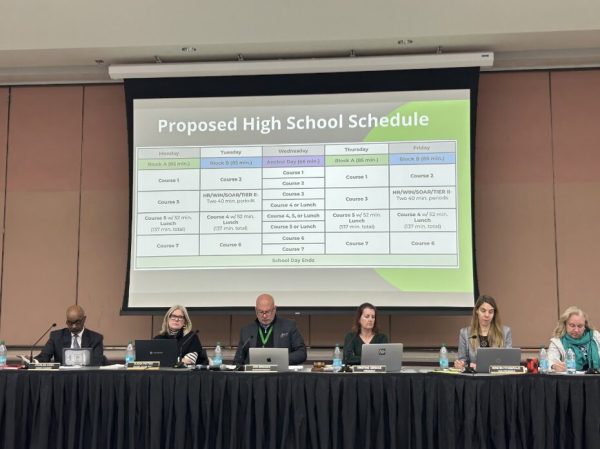Naperville community takes precautions against enterovirus D68
A new strain of a common virus could be leading many teens and children to serious respiratory problems, said Melaney Arnold, Illinois Department of Public Health media representative.
This new strain of enterovirus, called EV-D68, has the appearance of a common cold. It can cause symptoms that include sneezing, coughing, running nose and fever. Unlike the common cold, EV-D68 has a much greater impact on one’s respiratory system, Arnold said.
“Enteroviruses are fairly common. However, there are more than 100 strains of them,” Arnold said. “This current strain that we’re seeing, EV-D68, is one of the less common strains so we don’t know exactly how long the duration of illness could be and, in some cases, the severity of it.”
Currently being tracked by the Center of Disease Control and Prevention, this strain of the enterovirus has been targeting school-age children and teens. Because adolescents haven’t been exposed to the various strains of enteroviruses, their immunity is weaker than an adult who has been exposed to a wider variety enteroviruses throughout their life, Arnold said.
According to an email sent to District 203 faculty by the Illinois Department of Public Health, several hospitals in Illinois and Missouri have recently reported clusters of severe respiratory illnesses, with those infected ranging from six-weeks to 16 years of age.
According to a CNN report, doctors are concerned by the growing threat of EV-D68, as it is causing more serious problems than other strains have in years past.
The risk of spreading EV-D68 has prompted local hospitals, such as Edward Hospital, Elmhurst Memorial Hospital and Linden Oaks at Edward, to no longer allow visitors under the age of 18 and visitors with cold or flu-like symptoms, according to an announcement from Edward Hospital.
The airborne disease is transmitted through contact with an infected person or by touching contaminated surfaces and then touching any place on your body (mouth, eyes, etc.) where it could infect into your immune system, NNHS nurse Pamela Seubold said.
Seubold has also noticed an increase in sicknesses going around NNHS.
“We have seen more kids in [the nurse’s office] than usual,” Seubold said. “But it’s not all respiratory. It’s different things.”
However, Seubold believes that there is an easy solution to avoid contamination.
“It’s down to basic hand washing,” Seubold said.





